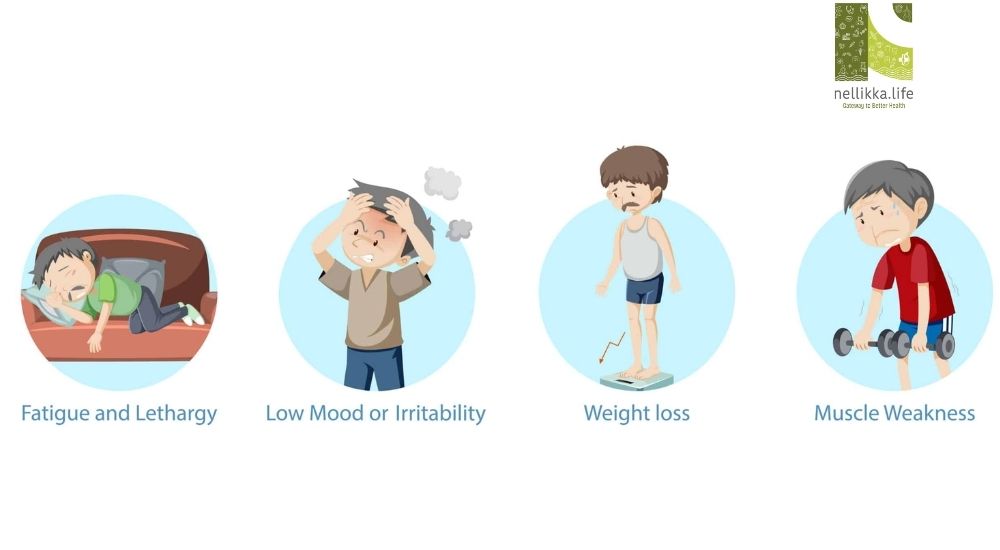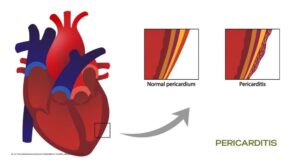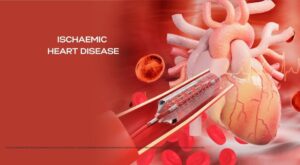Addison’s Disease: Understanding the Silent Underdog of Hormonal Disorders

Imagine waking up feeling constantly drained, dizzy, or unwell, even after a good night’s sleep. You chalk it up to stress or fatigue—but what if your adrenal glands are quietly failing? Addison’s Disease, though rare, can be life-threatening if left undiagnosed.
Let’s dive into this hormonal imbalance, demystify its causes, symptoms, and treatment, and equip ourselves with the knowledge to identify it early.
What Is Addison’s Disease
Addison’s Disease (also called Primary Adrenal Insufficiency) is a rare disorder where the adrenal glands fail to produce enough cortisol and often aldosterone, two crucial hormones that help your body respond to stress, maintain blood pressure, and balance salt and water.
It was first described by Dr. Thomas Addison in 1855, hence the name.
Why Are Cortisol and Aldosterone Important?
- Cortisol: Manages stress, blood sugar levels, metabolism, and immune response.
- Aldosterone: Controls sodium and potassium levels, regulates blood pressure.
When these hormones are insufficient, multiple body systems can be thrown off balance.
Causes of Addison’s Disease
1. Autoimmune Destruction (Most Common Cause)
The immune system mistakenly attacks the adrenal cortex (outer layer of the adrenal gland), reducing hormone production.
2. Infections
- Tuberculosis (once the leading cause worldwide)
- Fungal infections
- HIV/AIDS-related adrenal damage
3. Adrenal Gland Damage
- Bleeding into adrenal glands (e.g., due to trauma or sepsis)
- Genetic conditions (e.g., adrenoleukodystrophy)
4. Cancer
Metastasis from other cancers to the adrenal glands.
Symptoms: The Subtle Yet Alarming Signs
Symptoms can appear gradually and worsen over time. They are often nonspecific and mimic other illnesses, making early diagnosis tricky.
Early Symptoms
- Fatigue and weakness
- Muscle and joint pain
- Weight loss and decreased appetite
- Nausea or vomiting
- Salt craving
- Low blood pressure (especially when standing)
- Darkening of skin (hyperpigmentation)
- Low mood or depression
Addisonian Crisis (Medical Emergency)
If untreated, stress (e.g., illness, injury) can trigger a crisis with:
- Severe dehydration
- Sudden pain in lower back or legs
- Vomiting and diarrhea
- Extremely low blood pressure
- Loss of consciousness
This is life-threatening and requires immediate medical attention.
Diagnosis: How Is It Confirmed?
- Blood Tests
- Low cortisol levels
- High ACTH (Adrenocorticotropic hormone) levels
- Low sodium, high potassium
- ACTH Stimulation Test
Measures adrenal response after synthetic ACTH is given. - Imaging Tests
- CT scan of adrenal glands (to check for damage, calcification, tumors)
- MRI for pituitary gland (in case of secondary adrenal insufficiency)
- Autoantibody Tests
To detect autoimmune causes.
Treatment: Replacing What’s Missing
Hormone Replacement Therapy
- Hydrocortisone or Prednisolone: To replace cortisol
- Fludrocortisone: For aldosterone replacement
Lifestyle Considerations
- Increased doses during illness or stress
- Regular salt intake (especially during exercise or hot weather)
- Always carry a steroid emergency card
- Wearing a medical alert bracelet
- Emergency hydrocortisone injection for crisis
Addison’s Disease vs Secondary Adrenal Insufficiency
| Feature | Addison’s Disease (Primary) | Secondary Adrenal Insufficiency |
|---|---|---|
| Origin of problem | Adrenal gland | Pituitary or hypothalamus |
| ACTH levels | High | Low or normal |
| Aldosterone affected | Yes | Usually not |
| Skin pigmentation | Common | Rare |
Can Children Get Addison’s Disease?
Yes, but it’s rare. Some children may be born with genetic conditions affecting the adrenal glands. Symptoms are similar, though can be more difficult to recognize in infants.
Emotional & Mental Health Impact
- Persistent fatigue can lead to anxiety and depression
- Fear of adrenal crisis causes chronic stress
- Support groups and counseling are often helpful
When Should You See a Doctor?
Seek medical help if you or your loved ones experience:
- Persistent fatigue, weight loss, and dizziness
- Unexplained darkening of skin
- Severe vomiting or fainting (possible crisis)
Is It Preventable?
There’s no known prevention for autoimmune Addison’s disease. But early recognition of symptoms and managing autoimmune risks (like Type 1 Diabetes or thyroid conditions) can help with timely intervention.
Alternative Name
- Primary Adrenal Insufficiency
- Chronic Adrenocortical Insufficiency
- Hypoadrenalism
- Addisonian Syndrome
Though Addison’s Disease is rare, it’s a lifelong condition that can be managed well with the right treatment and awareness. It’s vital to recognize its silent symptoms and seek prompt medical attention before it becomes a crisis.
“Understanding our hormones is understanding our body’s language. Listen early, act wisely.”
References :
1. Adrenal Insufficiency & Addison’s Disease
2.Definition & Facts of Adrenal Insufficiency & Addison’s Disease
3.Clinical Trials for Adrenal Insufficiency & Addison’s Disease




